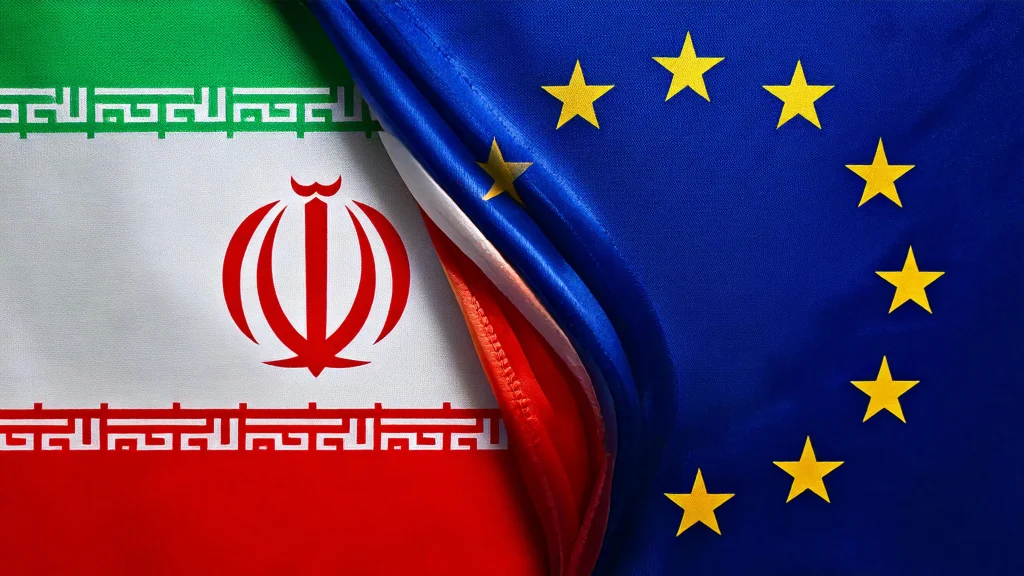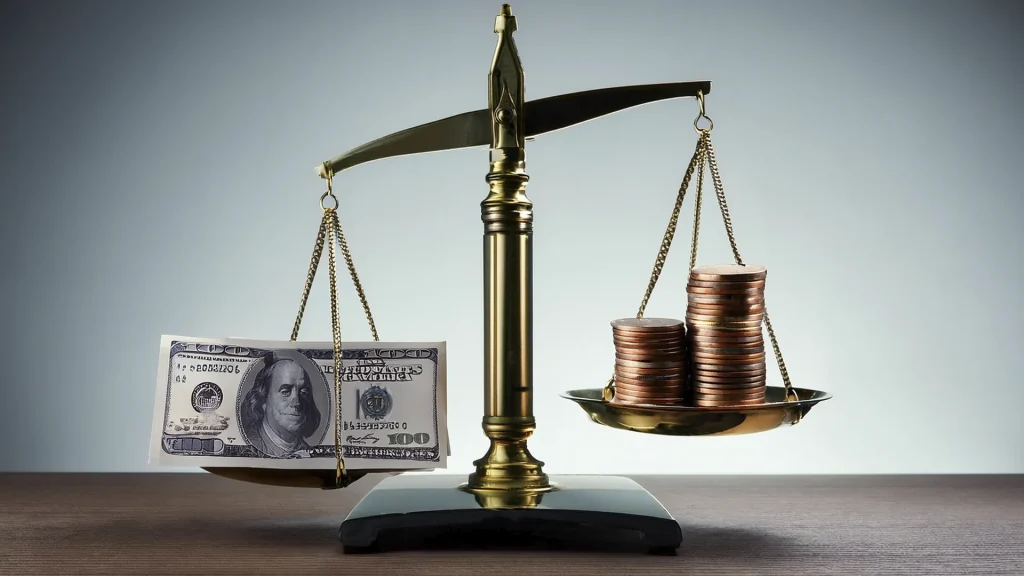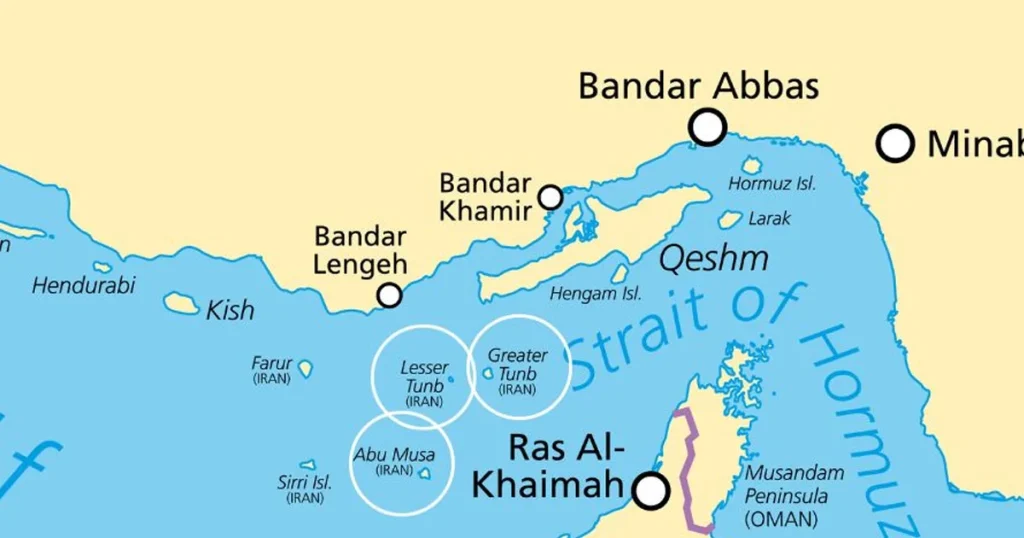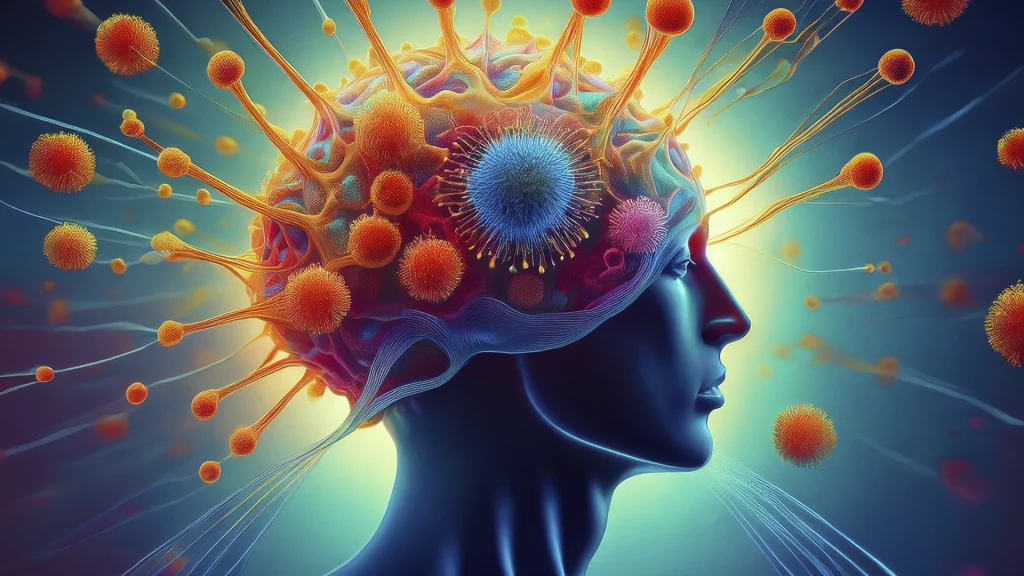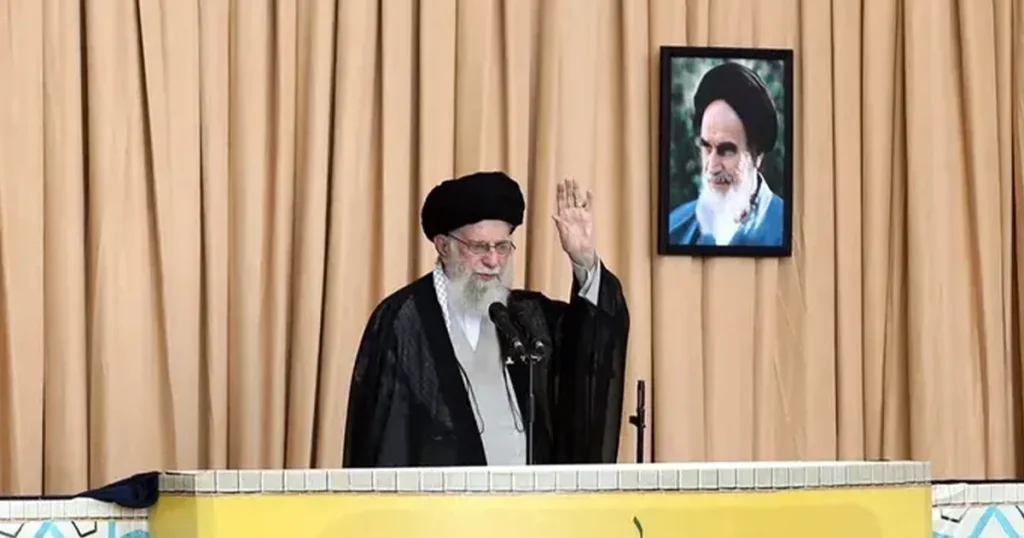The Islamic Republic of Iran and its Revolutionary Guard Corps (IRGC) have a longstanding record of suppressing artistic expression, particularly when it challenges or criticizes the regime’s policies. The cases of Shervin Hajipour, Toomaj Salehi, and Mehdi Yarrani are emblematic of this broader pattern of repression.
Shervin Hajipour
Shervin Hajipour is an Iranian singer who gained international attention with his song “Baraye,” which translates to “For…” in English. The song lists reasons young Iranians protested in 2022, each beginning with the word “for.” Its lyrics resonated deeply amid widespread protests following the death of Mahsa Amini in police custody, a young woman detained for allegedly violating Iran’s strict hijab laws. Shortly after the song went viral, Hajipour was arrested by Iranian authorities and charged with “propaganda against the regime” and “encouraging violence.” Despite being temporarily released on bail, he faces serious charges that could lead to several years in prison.
Toomaj Salehi
Toomaj Salehi is a rapper and activist whose music and public statements have been openly critical of the Islamic Republic. His songs and videos, which address issues like corruption, poverty, and authoritarianism in Iran, have drawn the ire of the regime. Salehi was arrested in late 2022 during the protests triggered by Mahsa Amini’s death. He was reportedly charged with “corruption on earth,” a severe charge that can carry the death penalty in Iran. His arrest and the charges against him highlight the regime’s brutal crackdown on dissenting voices, especially those who gain a significant following and influence among the youth.
Mehdi Yarrahi
Similarly, Mehdi Yarrahi, another artist, has faced the harsh realities of expressing dissent through music. He was arrested under accusations of undermining state security and promoting anti-regime sentiments through his songs. Yarrahi’s arrest adds to the growing list of artists who find themselves in the crosshairs of Iranian authorities, showcasing the dangerous environment for those who dare to challenge or critique the regime through their art.
Broader Context
These cases demonstrate the Islamic Republic’s systematic approach to stifling dissent and controlling cultural expressions. The IRGC, a powerful military and political force within Iran, often plays a central role in these repressions. Artists, activists, journalists, and academics who speak out against the government’s policies or who are involved in protests risk arrests, long-term imprisonment, torture, and even execution.

